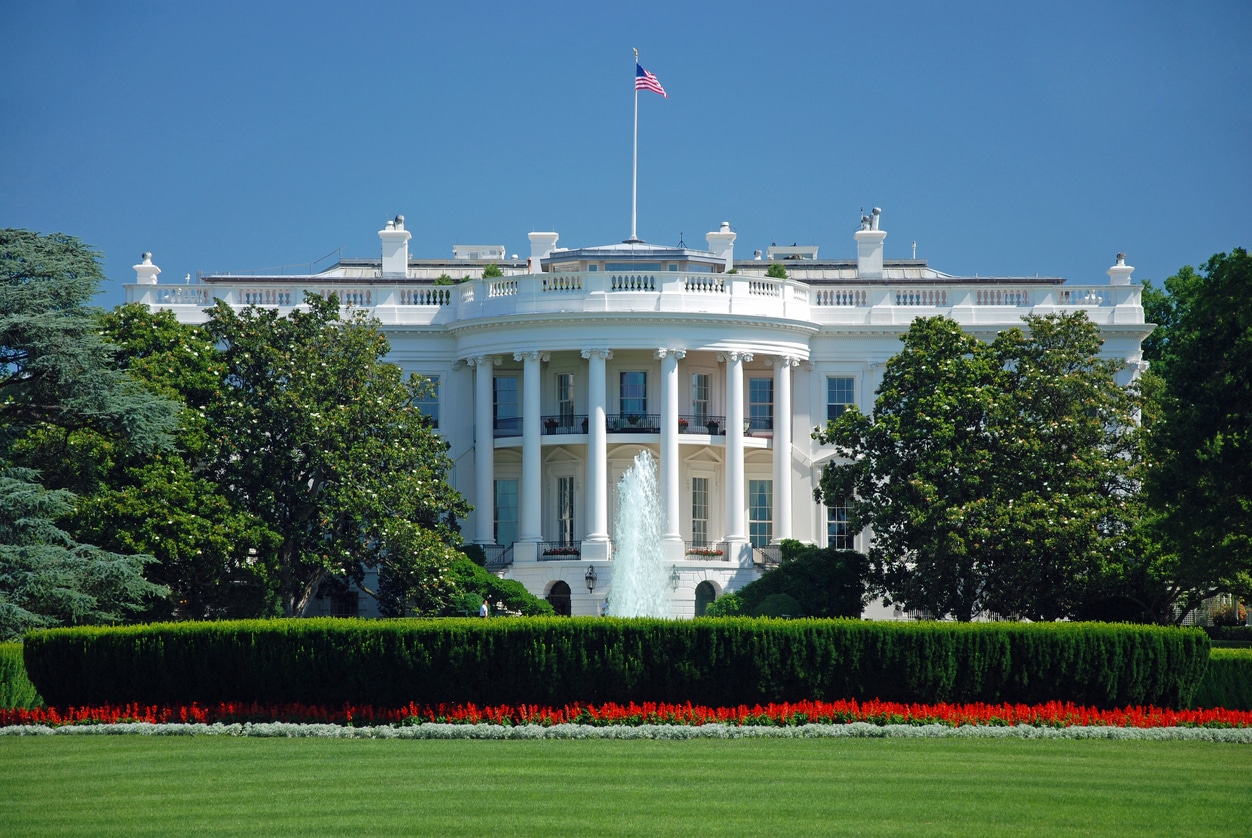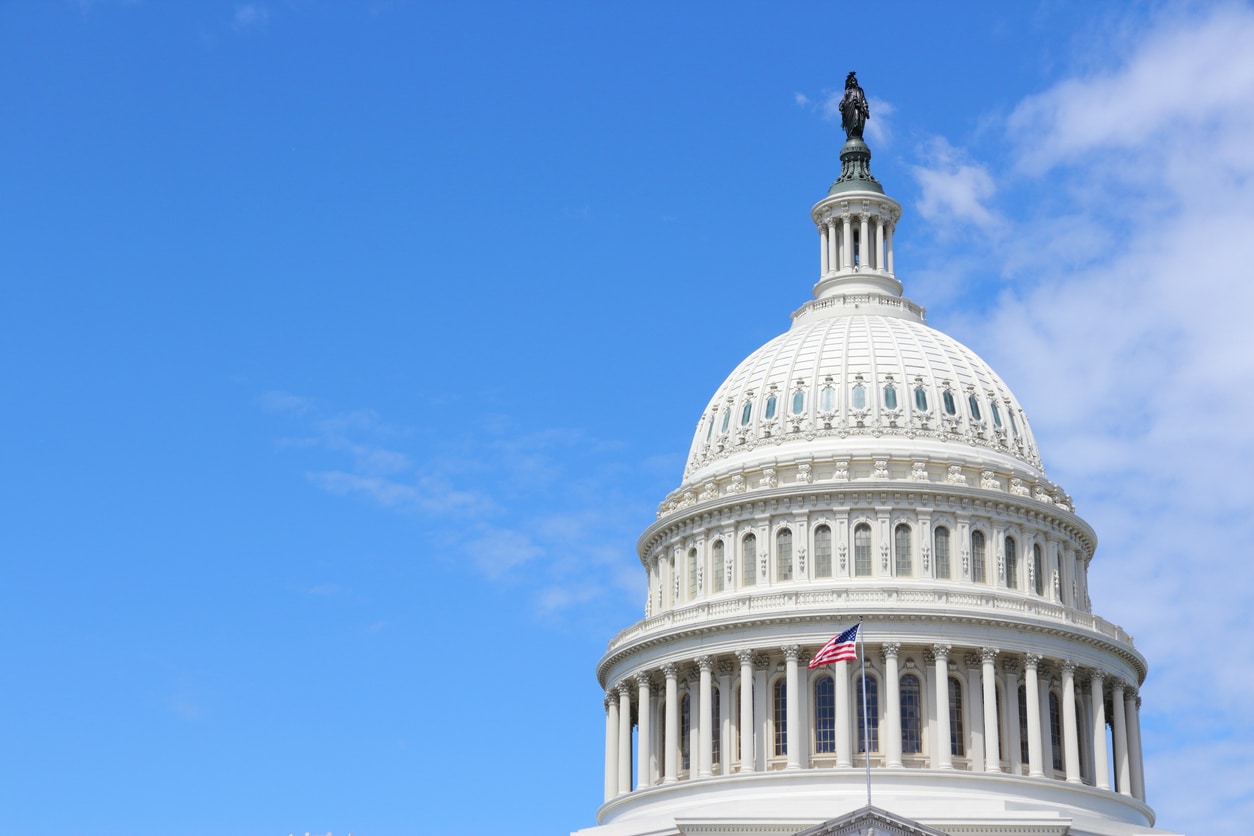The Ultimate Guide to the Foreign Corrupt Practices Act
The Foreign Corrupt Practices Act (FCPA) is a U.S. law that prohibits the payment of anything of value to foreign government officials in order to obtain a business advantage. The FCPA also requires publicly traded corporations to make and keep accurate books and records.
Updated September 1, 2023

Corruption has severe damaging effects on democratic institutions, undermining public accountability and diverting public resources from important priorities such as health, education, and infrastructure. When business is won or lost based on how much a company is willing to pay in bribes rather than on the quality of its products and services, law-abiding companies are placed at a competitive disadvantage, and consumers lose.
The Foreign Corrupt Practices Act (FCPA), enacted by congress in 1977, is a U.S. anti-corruption law that prohibits the payment of anything of value to foreign government officials in order to obtain a business advantage. The Act is intended to stop corrupt practices, create a level playing field for honest businesses, and restore public confidence in the integrity of the marketplace. Additionally, the accounting provisions of the FCPA requires publicly traded corporations to make and keep books and records that accurately reflect the transactions of the corporation in order to ensure that no bribes were paid.
Learn more about the Foreign Corrupt Practices Act by reading our comprehensive FAQ below, and get in touch with an FCPA lawyer today if you’re thinking about blowing the whistle.
Key Takeaways
- FCPA violations can appear as bribes to gain business, failure to upkeep proper books and financial records, and more.
- FCPA whistleblowers can receive substantial awards for reporting fraud and corruption through the SEC Office of the Whistleblower and CFTC Whistleblower Office.
- Both U.S. citizens and non-U.S. citizens can file FCPA claims anonymously and confidentially.
What is an example of an FCPA violation?
A violation of the Foreign Corrupt Practices Act (FCPA) generally takes the form of a bribe, either directly or indirectly, sent from a U.S. business to a foreign official in order to influence an award of business, a continuation of business, or else to gain an unfair advantage.
Below are a few examples of bribery, which violate the U.S. Foreign Corrupt Practices Act and various anti-bribery provisions:
- Using bribes to gain business – paying a foreign official in order to win business in the foreign official’s country – creating an unfair advantage;
- Using bribes to approve a project – gifting money or other items of value to a foreign official in exchange for government approval on a business venture;
- Using bribes to induce a doctor’s endorsement – using financial incentives to get a doctor to endorse or use a certain product;
- Using bribes to gain business from political figures – bribing foreign government officials or foreign political parties as a means of gaining or retaining business through political influence;
- Failing to keep proper books and records – keeping incomplete or inaccurate records.
The FCPA also spells out potential sanctions and penalties for such violations. However, the exact amount of a given fine is actually determined based on a number of factors, including the benefit the violating company hoped to get as a result of the bribe, as well as the number of employees in the company, the involvement of high-level personnel, prior criminal history, cooperation, and more.
How to Spot Foreign Corruption and Fraud
All companies face the risk of becoming involved in corruption. And the ability to spot corruption varies from company to company. It’s a company’s ethical and moral duty to set internal controls and policies to avoid becoming involved in corruption. If you spot any of the following types of corruption happening, you should decide whether you want to report this:
- Questionable invoices – bribes can be hidden in invoices; some invoices may be submitted without any actual work being done or documentation to support the work being performed. Other types of corrupt payments are often invoices and concealed as additional fees, payments to local agents, business expenses, or other charges;
- Buying unnecessary goods or services – corrupt payments can be concealed as expenditures; if an employee purchases something from a vendor without any real business reason, this could be a red flag – especially if purchases are frequent or small purchases are undertaken in great volume;
- Unqualified third parties – corruption can occur when an unqualified third party enters into a position without having any experience in industry, or lack the capabilities and resources required to perform their work;
- Continued acceptance of poor goods or services – corruption can be concealed behind goods and services, where a company continues paying and working with a desired vendor who consistently offers noticeably substandard goods and services;
- Incomplete travel and expenses – corrupt payments and bribes may be concealed as travel expenses, entertainment, or hospitality without much supporting documentation. Expensive “business” trips, trainings, or lavish meals are often a red flag;
- Conflicts of interest – corruption can occur when there are close connections between a company and a particular vendor, where the vendor benefits from the relationship, regardless of the quality this vendor provides;
Receive an FCPA Whistleblower Award for Reporting Corruption
In 2010, as part of the Dodd-Frank Act, whistleblowers, with the help of an FCPA attorney, can obtain monetary rewards for disclosing violations of anti corruption laws contained in the Foreign Corrupt Practices Act. The various reward programs to-date are listed below. However, note that being rewarded for courageous whistleblowing in foreign corruption cases is often complex. The reward amount is based on the sanction amount which in turn is assessed based on a variety of factors, which can vary from case to case.

SEC Whistleblower Program
Under the SEC Whistleblower Program, whistleblowers may be eligible for monetary awards if they voluntarily provide the SEC with original information about violations of federal securities laws, including FCPA violations, that leads to a successful enforcement action resulting in monetary sanctions in excess of $1 million.
A whistleblower may receive an award of between 10% and 30% of the total monetary sanctions collected. In addition, the SEC will pay awards based on amounts in certain related actions, such as a successful criminal enforcement action brought by the DOJ.
Since 2011, over 2,000 non-U.S. citizens from over 100 countries have filed confidential whistleblower reports to the SEC. Approximately 15% of whistleblower tips received by the SEC lead to some form of investigation.
By comparison, the DOJ has an intervention rate (including settlements) of nearly 25% in qui tam False Claims Act cases that are filed by whistleblowers.
Further, in FY 2017, the U.S. government recovered over $3.7 billion through its civil fraud program. Of this amount, whistleblowers were directly responsible for the detection and reporting of over $3.4 billion (92%), under qui tam provisions.
As a result of this assistance, whistleblowers were awarded $392 million (11.5%). From January 1 – June 30, 2020 alone, the SEC awarded a staggering $114 million whistleblowers, which is double the amount in all of 2019.
CFTC Whistleblower Program
As part of the Dodd-Frank Act the U.S. Commodity Futures Trading Commission (“CFTC”) was required to establish a whistleblower rewards program for all violations covered under the Commodity Exchange Act. Under this successfully created program, the CFTC will also pay a monetary reward to anonymous CFTC whistleblowers whose original information results in a sanction of $1 million or more. This office publishes extensive information about the commodity whistleblower rewards program on-line.
Types of corruption and fraud, often connected with, or inclusive of FCPA violations, over which the CFTC has jurisdiction include:
- Manipulating the prices in the U.S. commodities or futures markets, including engaging in spoofing;
- Falsifying or paying bribes to falsify commodities’ quality or source;
- Failing to keep required records or failing to report suspicious activities.
Since issuing its first award in 2014, the CFTC has awarded approximately $120 million to whistleblowers. CFTC actions associated with those awards have resulted in monetary relief totaling nearly $950 million.
Filing Anonymously as an FCPA Whistleblower
The Dodd-Frank Act created the first rewards programs for anonymous Dodd-Frank Act whistleblowers, covering both commodities and securities frauds. The SEC has jurisdiction over securities frauds, and the CFTC has jurisdiction over commodities frauds. Together, these two offices cover the publicly traded economy as well as fraud intended to take advantage of main street investors (such as Ponzi schemes).
Both U.S. citizens and non-U.S. citizens can report violations of the Foreign Corrupt Practices Act using a licensed whistleblower attorney.
Under the SEC’s reward program, which was established under the Dodd-Frank Act, FCPA whistleblowers can submit their cases confidentially to the SEC. However, whistleblowers must file the SEC’s Form TCR (“Tip, Complaint, or Referral”) in order to be eligible for an award.
Additionally, to be anonymous, whistleblowers must retain an attorney to file the Form TCR on their behalf.
By having an attorney sign the TCR form the CFTC can still ensure that the tip is reasonably believed to constitute a legal violation, without the need to know the identity of the whistleblower. This helps prevent fraudulent filings. It also allows the SEC to maintain a point-of-contact permitting the SEC to correspond with the whistleblower through his or her attorney. The whistleblower can then maintain their anonymity throughout the investigation.
For an FCPA violation that involves violations under the Commodities and Exchange Act, whistleblowers can submit their cases confidentially to the CFTC. This process is almost identical to a submission to the SEC, including the fact that in order to submit anonymously, whistleblowers must retain counsel to file the Form TCR on their behalf. Often, because FCPA fraud implicates both agencies, whistleblowers file with both the SEC and CFTC.
If the SEC or CFTC sanctions a culpable party for over $1 million dollars, the whistleblower is required to file a new form, known as the WB-APP form, in order to request a reward.
This application allows the whistleblower to make their case for why they deserve an award and what percentage of the sanction (between 10 and 30 percent) they should receive as an award. However, at the time a WB-APP form is filed, the SEC or CFTC can require that the identity of the whistleblower be disclosed to the agency, however, this information is still kept strictly confidential.
Our Recent Foreign Corruption Cases

On September 19, 2018, news broke of $230 billion money laundering scheme. The scheme moved rubbles out of Russia, converted them to dollars at the Estonian branch of Danske Bank, and then moved the dollars to New York with the assistance of three correspondent banks (Bank of America, J.P Morgan, and Deutsche Bank).
Danske Bank admitted all of its internal controls designed to prevent money laundering had failed. The bank also revealed that the scheme had been reported to the highest levels of the bank by a whistleblower over four years before. The whistleblower’s identity was required to be secret. But it took only days for his name to leak out.
Soon the entire international banking world learned that the former Danske Bank manager Howard Wilkinson had exposed the largest money laundering scheme in history, and that the bank had tried to cover it up.

Kohn, Kohn and Colapinto and Athens-based Greek law firm of Pavlos K. Sarakis & Associates jointly represented Greek whistleblowers who proved that the multinational Swiss-based pharmaceutical company Novartis paid millions in bribes to illegally market drugs in violation of the Foreign Corrupt Practices Act. Novartis was required to pay over $300 million in sanctions and fines to the U.S. Securities and Exchange Commission (SEC) and the U.S. Department of Justice (DOJ).



